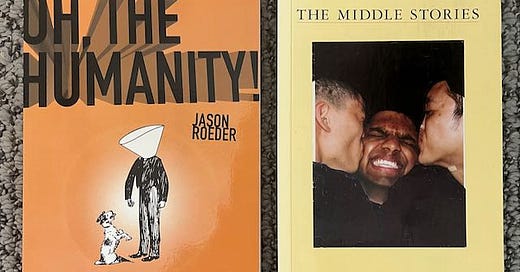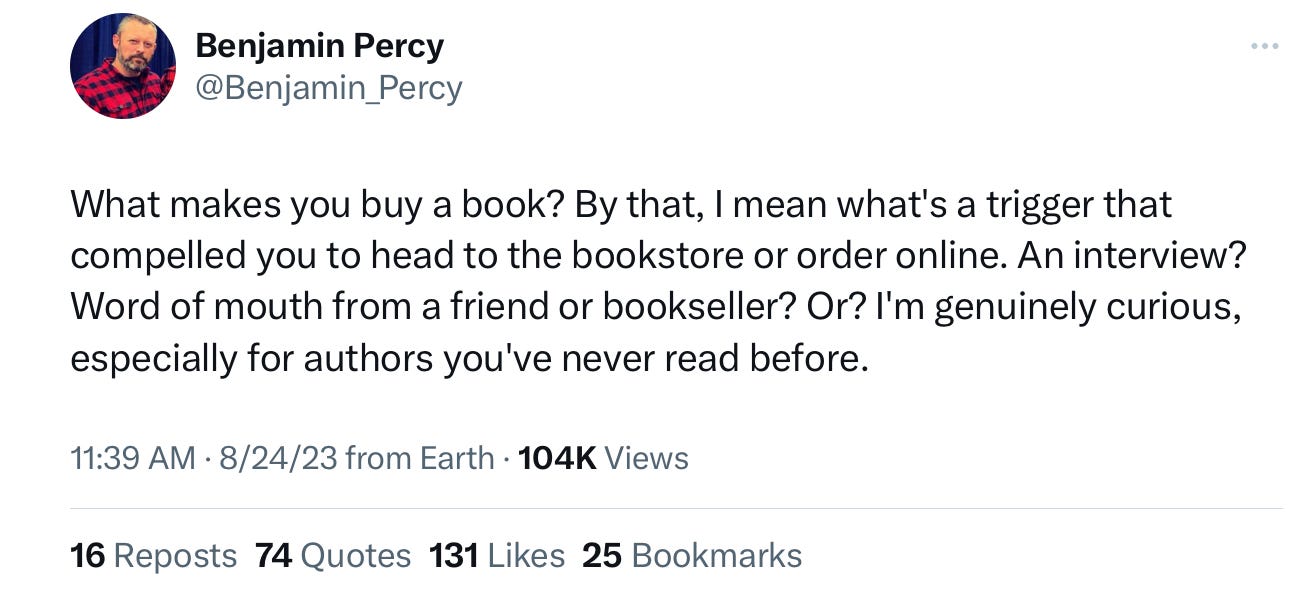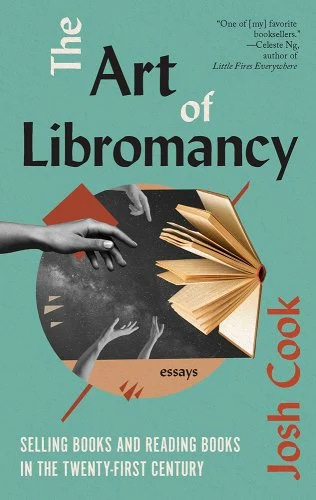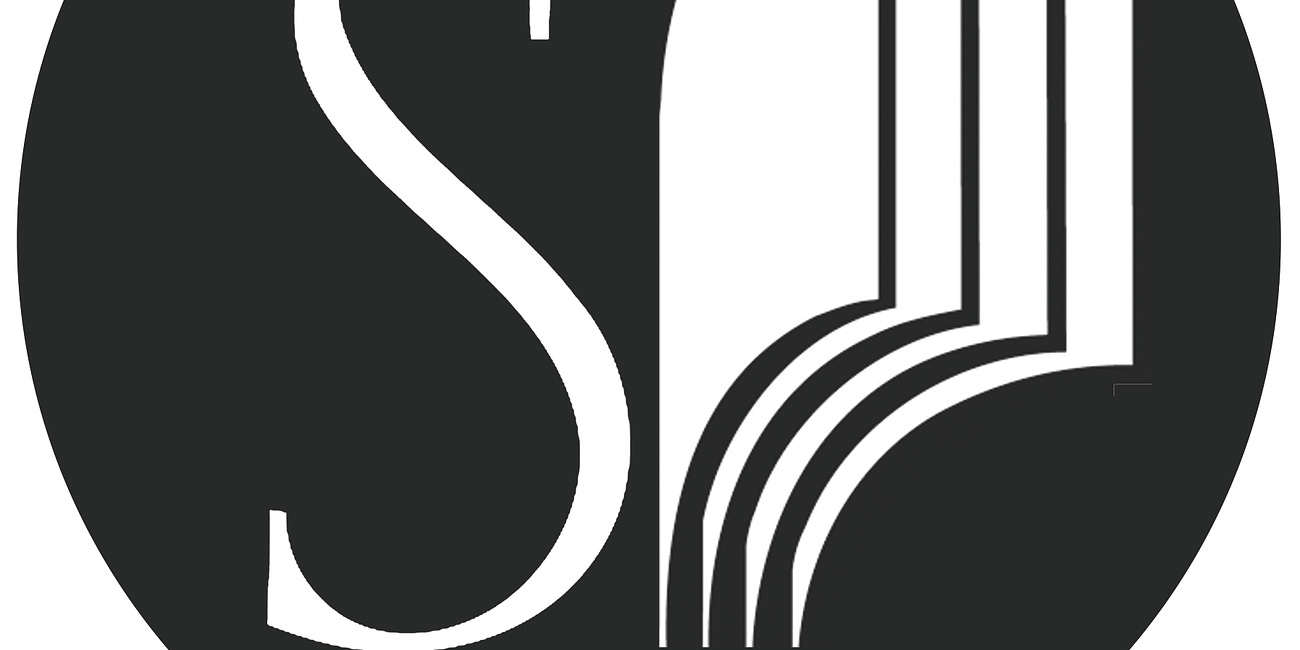This newsletter is primarily aimed at readers rather than writers - though of course most writers are passionate readers too - so I tend not to spend too much time thinking about the inside baseball of publishing in this space, but as a a reader and recommender of books, I’ve always been interested in how people choose the books they read.
I’ve long believed the only mechanism for selling books is word-of-mouth. The reason this fairly straightforward concept gets complicated is because of the nearly infinite combinations of which words and whose mouths.
At
’s “Publishing Confidential” in two recent posts she’s been breaking down some of the specific strategies publishers use to draw reader attention in specific. The first one is here:The upshot of Schmidt’s posts for me is simultaneously that “nothing works” and “anything could work.”
Yes, there’s a few guaranteed routes to generating publicity that turns into sales (Schmidt shows how publicity and sales are not the same thing), such as getting a segment on Fresh Air or CBS Sunday Morning or of course placement in one of the big book clubs, but those slots are scarce and the byproduct of much behind-the-scenes publisher muscle and hustle.
All kinds of things we’d like to think drive sales, don’t seem to really have that much effect, including reviews, where as Schmidt says, the only way reviews begin to drive sales is if you get a lot of them, creating a broader sense that a particular book is an important one to know.
Because I write about books, I get bombarded with publicity emails from publishers that try to explain essentially why it’s important for me to consider a specific book, why I may be missing out if I don’t take a look at a particular title.
Let me say from the outset that I appreciate these communications and rely on them to do my work and I have no wish for them to stop, other than the ones where I directly tell them to stop. Publicity and marketing is hard and I do not envy the task.
But looking at how these professionals try to stoke my interest may reveal something about word-of-mouth in terms of which words and whose mouths move us to bring a book into our consideration set.
There’s a number of strategies employed in these emails. This is what they are and what kind of impact they have on my interest in a book:
“So and so big name writer says that this is a book you cannot miss!”
This actually has a negative effect on my interest in a book. I sometimes take it as a weird form of bullying by people who are being positioned as my betters, as though I coudn’t discern my own interest for myself. Really, these communications are simply a more aggressive application of blurbs - a form of publicity I’m indifferent, rather than hostile to - so my oppositional defiance to these communications probably says more about me than the publicity strategy itself, but it’s real. My guess is this is maybe more motivating for booksellers considering stocking a book.
“This book is the next (insert best selling book or beloved author here).”
This is another strategy that actively repels my interest. I’m pre-disposed to want something new, rather than a retread of something already established. The next Gone Girl seemed to be a nearly ubiquitous framing for any vaguely mysterious or suspenseful novel for a while. The number of writers who have been called “the next Highsmith” is in the dozens and none of them have been the next Highsmith. Comparing an author to Patricia Highsmith is now pretty much a red flag of avoidance for me.
“This book is a cross between three highly regarded or distinctive authors that makes it sound interesting and unique!”
This does not work on me 98% of the time, but 2% of the time it works like magic and these are the pitches that I respond to most quickly asking to see a copy. I wish I could say there’s some formula for success with this strategy, but the truth is, it’s all just a gut response. It’s a swing for the fences that is probably going to result in a strikeout, but sometimes winds up as an 8-run grand slam, which I realize is not possible, but that’s exactly my point.
“Other people are buzzing about this book!”
This is another category where my response is neutral to negative, again for reasons likely rooted in my personality and needs. It’s rare that I’m dying to write about the book everyone else is looking to cover, so knowing that something may be ubiquitous in a few months may make me more inclined to go searching for something else.
In terms of what I get from publishers publicizing their wares, what I most want is clear, straightforward information about what a book and author are up to, what I can expect from the experience if I were to read it. To me, that requires a more straightforward approach than using proxies to tell me how much other people admire a book.
If I had to find a common thread to where I’m turned off, it’s when the marketing machinery becomes too visible in the process. I have little doubt that all of these people (author, publisher, publicist, blurbers, etc…) are genuinely enthusiastic about a book, but sometimes that machinery makes the genuine look phony.
In fact, I recently requested a forthcoming debut novel following a marketing pitch based on an outstanding employment of the “This book is a cross…” technique, but was a little dismayed when the book arrived and I saw it had been effusively blurbed by the author’s MFA program faculty. My “I’m being bullied” trigger flared. I’m still going to give the title a read, but my enthusiasm was diminished once the marketing machinery became more visible in the process.
Again, I have no doubt that the blurbers’ praise is genuine, but I don’t like to be reminded of the fact that to rise to the top of a publicity pile it really helps to go to a prestigious MFA program and have your path guided by your successful mentors.
I’m aware that I’m putting publishers and publicists in a Catch-22. Eschewing the endorsements of one’s highly regarded faculty mentors for a debut book would be marketing malpractice. On the other hand, you never know what kind of petty response you might trigger in someone like me.
When my novel, The Funny Man, was released, the publisher made significant use of my association with McSweeney’s, a natural move given that the book was a satire and I was the editor of a humor website, but I’m mostly convinced the the association did more harm than good as - for lots of reasons - the “brand” was polarizing for some. I’ll go to my grave thinking that the anonymous pre-pub Kirkus reviewer who called the book “smug” was commenting more on what they perceived of the sensibility of the website I edited, than the book itself, which was almost nauseatingly sincere.
Maybe the secret to marketing books is to make the marketing of books much less obvious?
At the website Elon Musk wants us to call X, but which will forever be Twitter, the writer Benjamin Percy asked his followers what gets them to commit to a book:
Interviews occasionally work on me, almost always when I’m alerted to a book I wasn’t aware of, and where the subject matter is of obvious interest. For example, this interview by Adrienne Westenfeld of Esquire with Josh Cook, author of The Art of Libromancy: On Selling Books and Reading Books in the 21st Century, had me immediately ordering a copy
It’s hard to imagine a book more in my personal wheelhouse, so I’ve got to check it out.
More often, though, it’s my trusted network of fellow reading enthusiasts that provide the word-of-mouth that gets me interested in a book that otherwise might not be on my radar.
For the last couple of years, that network includes the readers of this newsletter, both in the comments and via email whose opinions I’ve solicited. Often when people ask for a recommendation from me, if there’s a book on their recent reads that I’m interested in, I’ll ask what they thought of it, and then take that opinion to heart.
After all, if they trust me to recommend what book they should read next, isn’t that a sign of excellent taste, and judgement?
But enough about me. What gets you to seek out a particular book? Tell us all in the comments.
Links
This week at the Chicago Tribune I cover five books coming out this Fall that I’m eager to read. In the case of these authors, they’re all ones I’ve read before, and have been waiting a fairly long time for their next book. The only marketing required was “New novel from…”
At Forbes,
outlines the problem with the “atomization” of literature in schools for the purpose of passing standardized testing. Students can go entire careers without reading a whole text for school. I share these concerns, as will be apparent in next week’s Chicago Tribune column where I take my own swing at the problem.I know lots of authors would put being interviewed by Terry Gross on Fresh Air at the top of their list, but for me, it would be spending time with Marc Maron on his WTF podcast, something that happened to my old friend Andrew Leland, when he stopped by Marc’s garage to talk about The Country of the Blind: A Memoir at the End of Sight.
This is fun. LitHub has collected excerpts from he first reviews of Chuck Palahniuk’s Fight Club, and the early consensus appeared to be that something new and special had arrived.
I think one of the reasons that some folks consider(ed) the McSweeney’s sensibility smug was our penchant for the merging of the high and low brow in the interests of comedy, and honestly, guilty as charged, but I’ll never not be entertained by pieces like this week’s “Welcome to Mary Oliver Garden.”
This week’s indie publisher you should meet is the incomparable Sarabande Books:
Recommendations
All books linked throughout the newsletter go to The Biblioracle Recommends bookstore at Bookshop.org. Affiliate proceeds, plus a personal matching donation of my own, go to Chicago’s Open Books and the Teacher Salary Project, which is advocating to establish a federal minimum salary for teachers of $60,000 per year. Affiliate income is $193.25 for the year.
1. Nervous Conditions by Tsitsi Dangarembga
2. White Cat, Black Dog by Kelly Link
3. To Be a Man by Nicole Krauss
4. Monogamy by Sue Miller
5. Lone Women by Victor LaValle
Moira S. - Manhattan, NY
Since Moira is obviously open to short stories I’m going to recommend a collection that I will forever think deserves more readers, Sara Majak’s Cities I’ve Never Lived In.
Book Giveaway
Last week’s winner of the drawing for books by Neal Pollack and John Hodgman has not replied to my email. Perhaps check your spam folders for something from me. That means I’ll do two drawings this week, one for last week’s books and one for this week’s:
Oh, The Humanity by Jason Roeder was one of the first two books published by my long-defunct humor imprint TOW Books. (To read more about TOW Books, you can check out this blast from the past.) The Middle Stories was published by McSweeney’s, and may be a rare book for all I know.
Remember to be eligible to win the books you must be a paid subscriber, a status which will come at a 25% discount for one more week.
Alrighty, then. Subscribe for your chance at those free books and take your opportunity to tell the world what induces you go buy a book in the comments.
Until next week,
John
The Biblioracle









What gets me to buy a book? Recommendations from trusted literary friends (and sometimes from Substacks I follow), new books by authors I've enjoyed previously, occasionally a NYT or WaPo book review (especially from Ron Charles), long and short lists of awards like the Booker, National Book Award, Women's Prize, Pulitzer, PEN etc...and to be honest, sometimes the algorithms do get it right: "if you liked this, you might like this..."
PS a few years ago my first time "playing" the Biblioracle for a book recommendation, you also recommended Cities I've Never Lived In - thanks! (For more excellent short story collections that deserve attention, check out Press 53... Full disclosure: Press 53 published my collection :-).
Oh, well, Kirkus is almost universally mean. (Booklist is a recommend-only journal, so they’re always nice. PW is slightly more bookstore oriented and LJ is slightly more library oriented—but none of them will cover all the books you need to get. That’s the sum of what I used to tell library school students when I gave the occasional guest lecture.) I used the reviews as one tool in selecting books, but word of mouth, getting to know patrons and their tastes and moods, is the only real way to match book and reader.